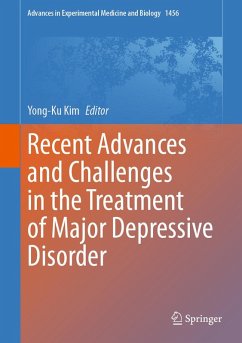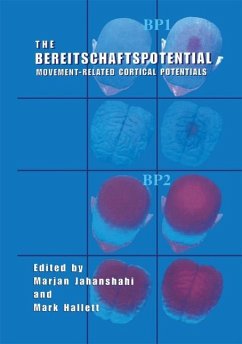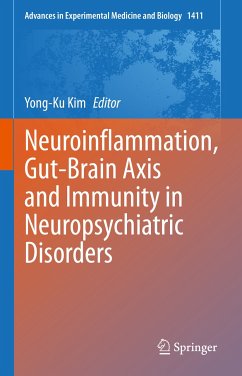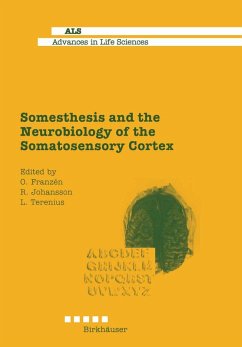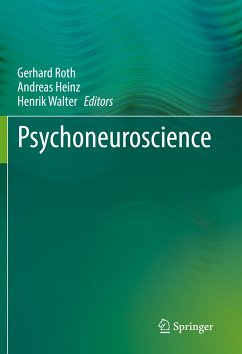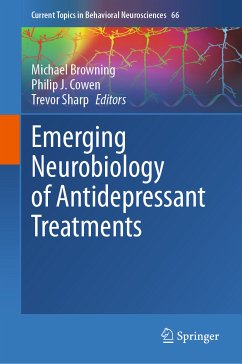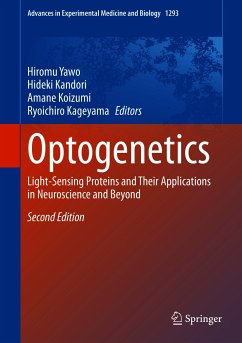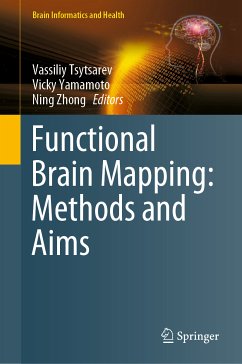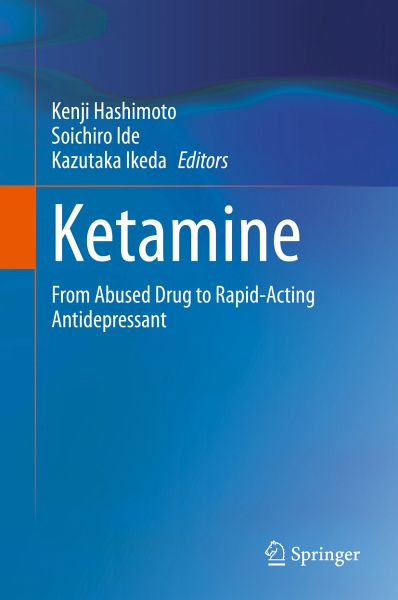
Ketamine (eBook, PDF)
From Abused Drug to Rapid-Acting Antidepressant
Redaktion: Hashimoto, Kenji; Ikeda, Kazutaka; Ide, Soichiro
Versandkostenfrei!
Sofort per Download lieferbar
120,95 €
inkl. MwSt.
Weitere Ausgaben:

PAYBACK Punkte
60 °P sammeln!
This book presents the latest data from basic research and clinical trials supporting the effectiveness of ketamine as a treatment for depression, bipolar disorder, and suicidal behavior, setting these positive findings within the context of the serious problem of ketamine abuse. The first part of the book focuses on the evidence regarding ketamine abuse, with specific reference to Asian countries, and discusses countermeasures and complication management. It then addresses the mechanisms underlying the antidepressant and side effects of ketamine, which have remained elusive, describing and di...
This book presents the latest data from basic research and clinical trials supporting the effectiveness of ketamine as a treatment for depression, bipolar disorder, and suicidal behavior, setting these positive findings within the context of the serious problem of ketamine abuse. The first part of the book focuses on the evidence regarding ketamine abuse, with specific reference to Asian countries, and discusses countermeasures and complication management. It then addresses the mechanisms underlying the antidepressant and side effects of ketamine, which have remained elusive, describing and discussing important new research findings. Further, it explains insights gained from whole brain imaging in rodents and from behavioral pharmacology, and presents evidence regarding the role of gut microbiota, the NMDA receptor GluN2D subunit, and the lateral habenula in the actions of ketamine. These advances form the basis for the safer use of ketamine in patients with treatment-resistant depression and are expected to lead to the development of new antidepressants.
Dieser Download kann aus rechtlichen Gründen nur mit Rechnungsadresse in A, B, BG, CY, CZ, D, DK, EW, E, FIN, F, GR, HR, H, IRL, I, LT, L, LR, M, NL, PL, P, R, S, SLO, SK ausgeliefert werden.



